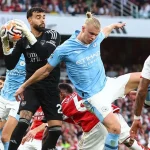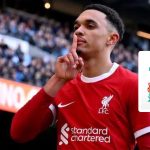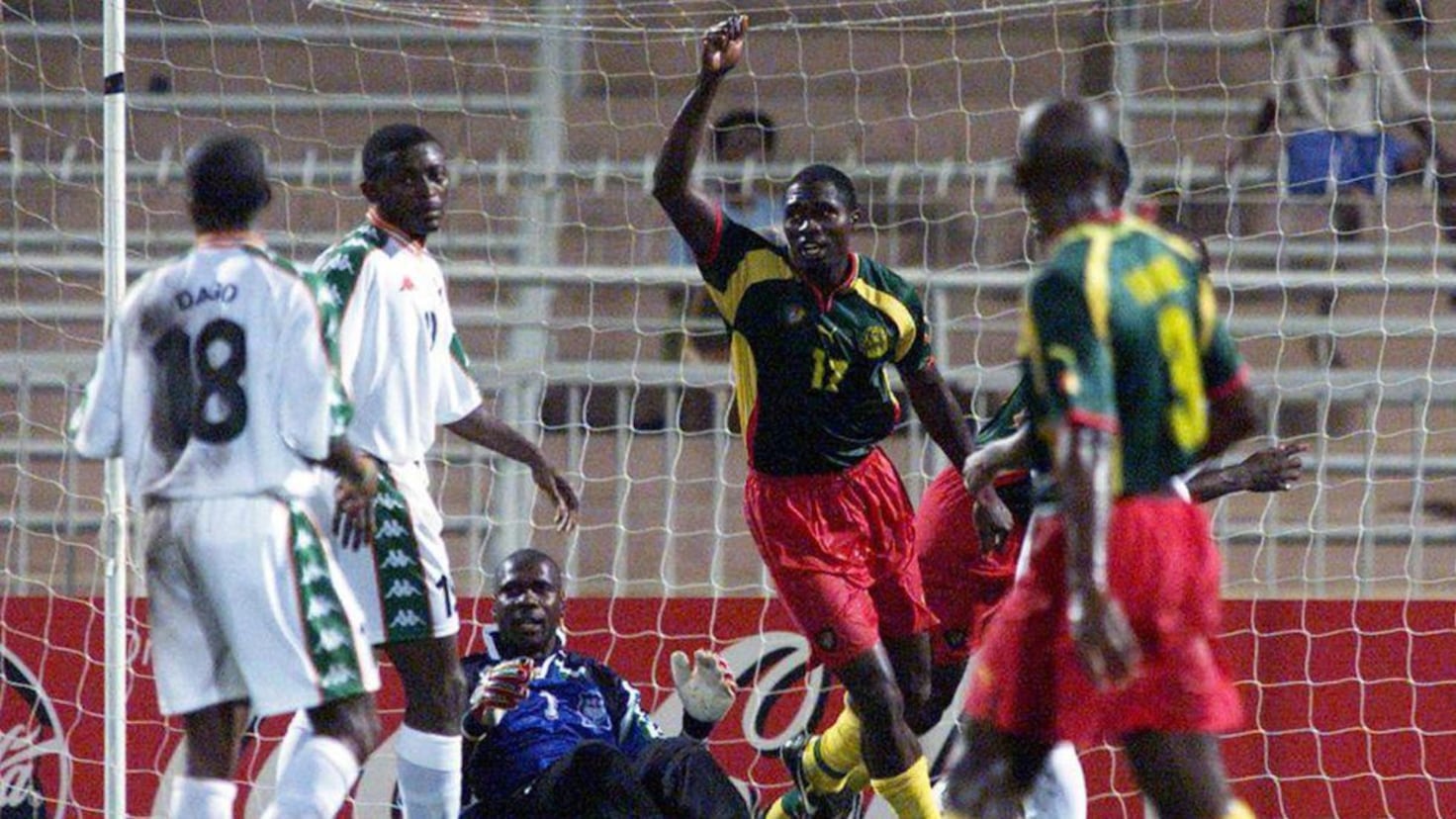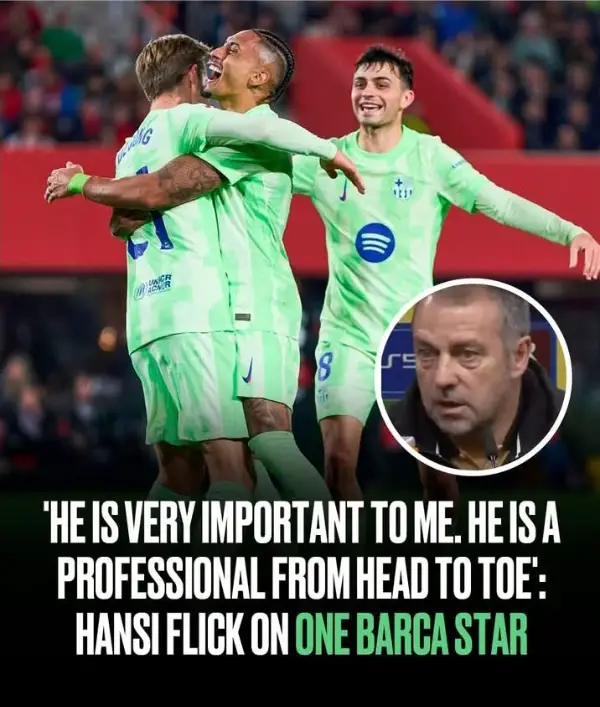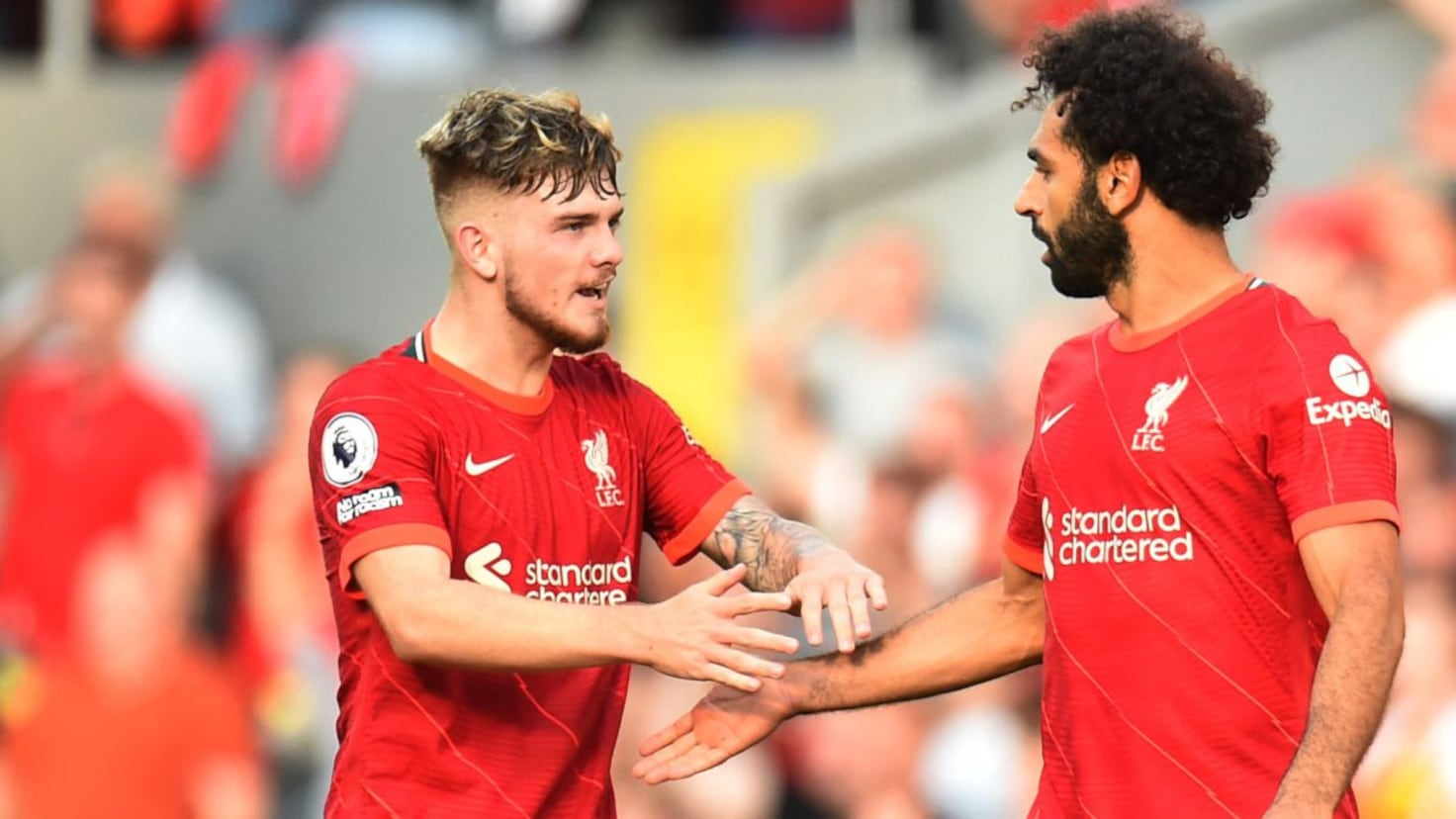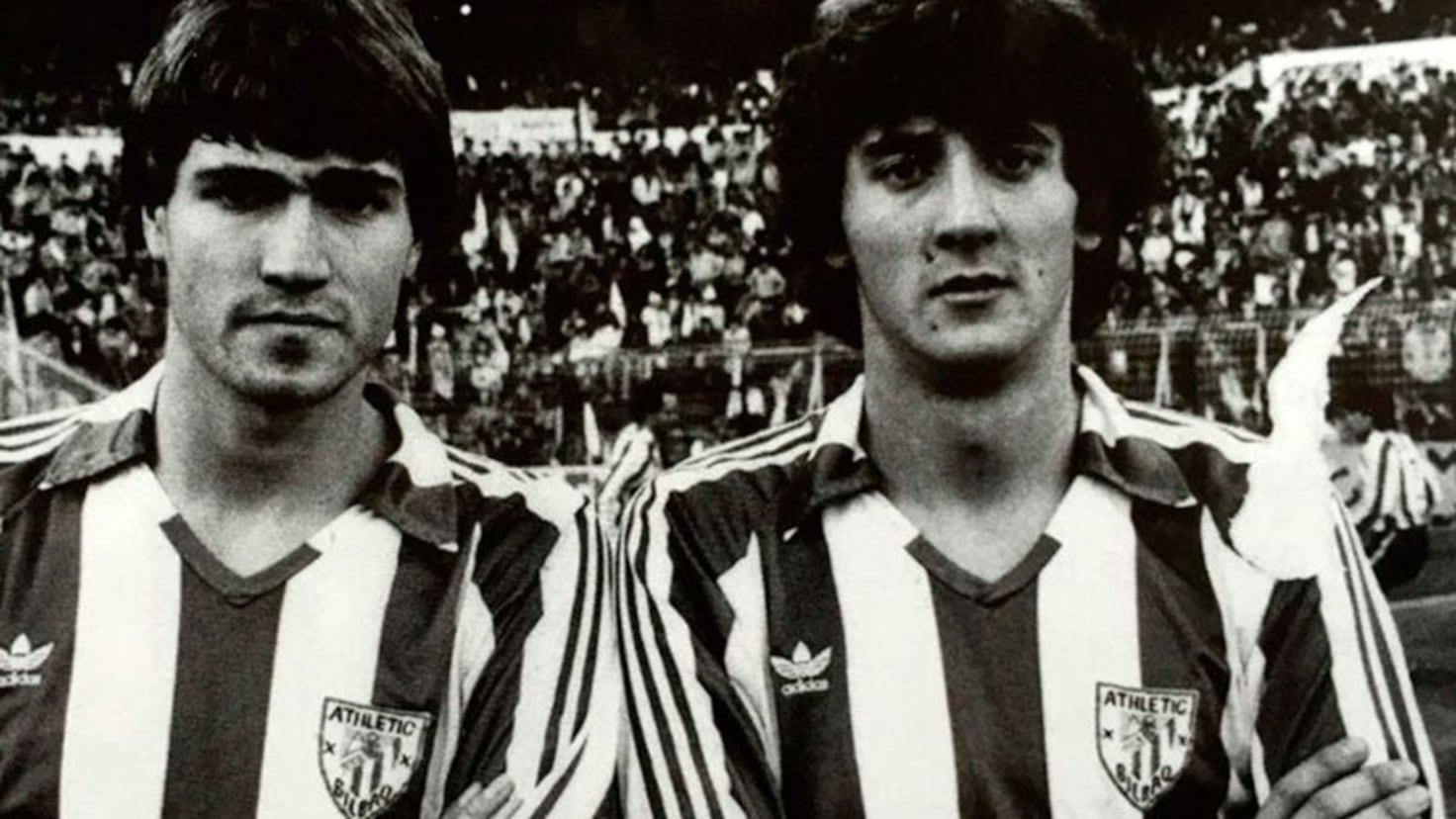The 2000 African Cup It was held for the first time between two countries, Nigeria and Ghana. With its peculiarities, it was already a well-established championship, three years older than the Eurocup itself (the first edition dates back to 1957, although with only three participants, and was won by Egypt). In Europe he had quite a following, especially in France, where many African stars from, of course, French-speaking countries were already playing. But not only there. Many other European countries already had African players or sent observers to look for new figures.
It was played in two phases, the first in four groups of four and from there on, playoffs with the first two in each group. Since the draw, a particularly strong group was detected: Cameroon, Ghana, Ivory Coast and Togo. Cameroon, where Eto’o was beginning to appear, then in Madrid, was always a great power in African football. So was Ghana, which played the first phase at home. Ivory Coast, which will be the protagonist of this story, was also trading strongly. On paper, Togo was only seen as a weaker level team.
The championship took place between the last week of January and the first two weeks of February. Very shortly before, at the end of December, a coup d’état had taken place in Ivory Coast, from which Robert Guأ©أ¯, who had been Head of the Armed Forces under the deposed president, Henri Konana, was proclaimed Head of the Military Junta. Bأ©die, until he removed him from office and expelled him from the army because he did not want to mobilize them against his opponent, Alassane Outtara. The players flew to Ghana, leaving behind a troubled country.
They started badly, with an unexpected 1-1 against Togo, the same result with which they opened the Camerأ؛n and Ghana group. On the second day, while Ghana easily got rid of Togo (2-0), Ivory Coast suffered a tough 3-0 defeat against Cameroon, destined to be the final champions. The outlook was really bad for Ivory Coast when they faced their third and decisive match against Ghana. They would only qualify by winning by three goals and the match was being played in the capital of the rival country, the Acra Sports Stadium, in front of 40,000 enthusiastic Ghanaians. Ivory Coast did the rest, unmasked Ghana and won 0-2. Insufficient. He was left out and Cameroon (who would be champions) and Ghana passed.
All that remained for Côte d’Ivoire was to pack up and leave. After all, they didn’t feel so bad. They thought that they had corrected their previous mistakes on the last day, they had had Ghana on the verge of elimination and only a series of misfortunes on the day in Togo had led to that happy 1-1. They returned with a victory, a draw and a loss. After all…
So when they took the flight to Abijan, the capital of the country, they were sad but calm, without knowing what awaited them. Already approaching the destination, the most experienced people noticed that the plane was changing course and asked. They replied that a disaster had occurred at the Abidjan airport, that it was disabled and that they were going to land in Yamoussoukro. Once there, it would be determined whether they would complete the trip by road or by plane, if Abidjan airport had already been cleared.
But upon landing in Yamasukro they were made to board two military roads and taken to the Zanbrako camp, located 30 kilometers away. Upon their arrival, their cell phones were taken away and they were announced that they were being held to learn “civility and discipline.” The program would consist of early mornings, military training, hard marches and study of patriotism books. At the head of the re-education operation was Robert Guأ©أ¯ himself, the man who made all the decisions in Côte d’Ivoire.
Luckily for them, the matter transcended outside the country, especially in France, where seven of those internationals were playing. There were also two who played in Italy, another two in Belgium and one in Holland, Scotland and Switzerland. Their clubs moved the authorities of their countries and the diplomatic pressure softened Robert Guéi, who released them after four days improvising a lie: they had not been interned in a re-education camp, but rather their arrival had been delayed to Abidjan to cool down the anger of the population, who was waiting for them at the airport with bad intentions. In that team was Kalou, who six years later would become a national hero by scoring the decisive goal against Serbia that would allow Costa de Ivory go to a World Cup for the first time in its history. By then Robert Guأ©أ¯ had been dead for four years, a victim of another military coup.

